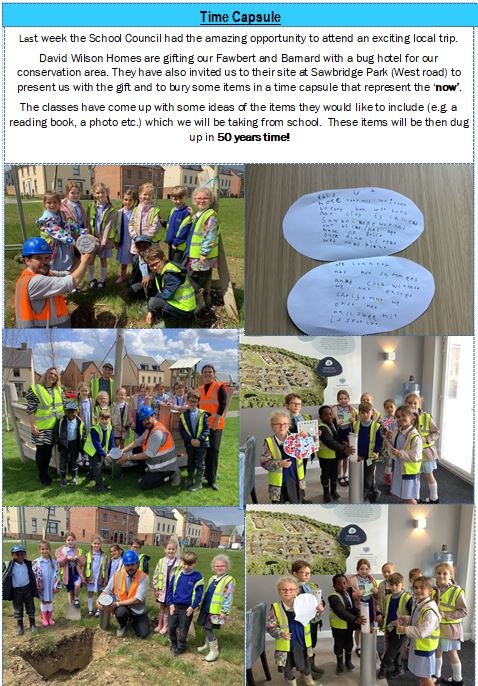History
Aims of our History programme
At Fawbert and Barnard Primary School, we aim to encourage pupils to develop an appreciation and understanding of the past. By learning to evaluate a range of primary and secondary sources, our historians will be able to explain how people around the world used to live and that interpretations of events can differ. Pupils will be taught about historical events, where they take place within a historical timeline and famous historical figures who may have shaped the world today. Where possible, we will link History to other subject areas developing our cross-curricular contextual learning. Specialist vocabulary for each topic is taught and built on.
Topics are informed by the National Curriculum and are designed to be progressive, outlining the skills, knowledge and vocabulary that are taught sequentially, building on prior knowledge. The curriculum has been designed to link to the local area helping our children to make sense of topics in history. Good local history enables the pupils to discover the people that lived in their community in the past and how their lives may be similar and different to their own.
Children should have their curiosity stimulated to know more about the past, encouraged to ask perceptive questions, think critically, weigh up evidence, sift arguments and develop insight and judgement. We expect our children to appreciate how change is a process and can be gradual as well as the diversity of societies and relationships between different groups.
Pupils' definition: History teaches us about the past
What History looks like at F&B
We want to create a positive attitude to history and achieve high standards. History is taught in blocks throughout the year so that children achieve a depth in their learning. Where possible the class text is linked to the topic to embed the history and to provide opportunities for emotional responses. There are also links through history to the curriculum with children for example, creating non-chronological texts, graphs and linking to art. The key knowledge and skills for each topic has been identified and consideration has been given to ensure progression across topics throughout each year group across the school. By the end of Year 2, children will have a chronological understanding of key history events and this interlinked with this are studies of world history
History lessons are adapted for those that need support to provide equity in provision and to maintain high standards of achievement for all pupils.
Many of our topics have a link to local history e.g.World War 2 and castles. Pupils go on trips to and have visits from local experts to enhance the learning experience.
Historical Outcomes at F&B
Outcomes evidence a broad and balanced history curriculum and demonstrate the children’s acquisition of identified key knowledge through quizzes, pupil discussions and through regular teacher book looks. Emphasis is placed on analytical thinking and questioning which helps pupils gain a coherent knowledge and understanding of Britain’s past and that of the wider world. Children will be engaged in history lessons and will want to find out more. They will be knowledgeable about local links and be able to discuss how local history is relevant in their lives. Children will complete research through projects to further their own enjoyment. The school environment will be history rich through displays, resources and vocabulary.
- Pupils’ books, along with displays, give evidence of the topic coverage and clearly show each step of learning;
- Capturing work and pupils processes digitally on EvidenceMe
- Interviewing the pupils, Staff and parents about their learning (pupil, Staff and Parent voice).
- Moderation staff meetings where pupil’s books are scrutinised and there is the opportunity for a dialogue between teachers to understand their class’s work.
- Regular CPD sessions for all staff to develop their understanding of the curriculum and how to best deliver it.
- Annual reporting of standards across the curriculum.
Montessori
History comes under the umbrella of Montessori's 'Knowledge and Understanding of the world'. We start with the largest, overarching concepts, then gradually zoom into the smaller details. Teachers often use the 'Understanding of the world' shelf as a focal point of any new activities in this area and monitor the children’s engagement with what is on offer, removing and adding activities based on their observations.
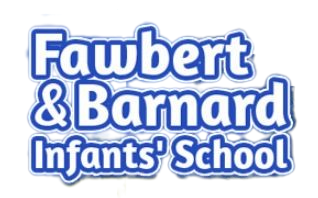
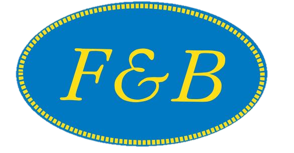
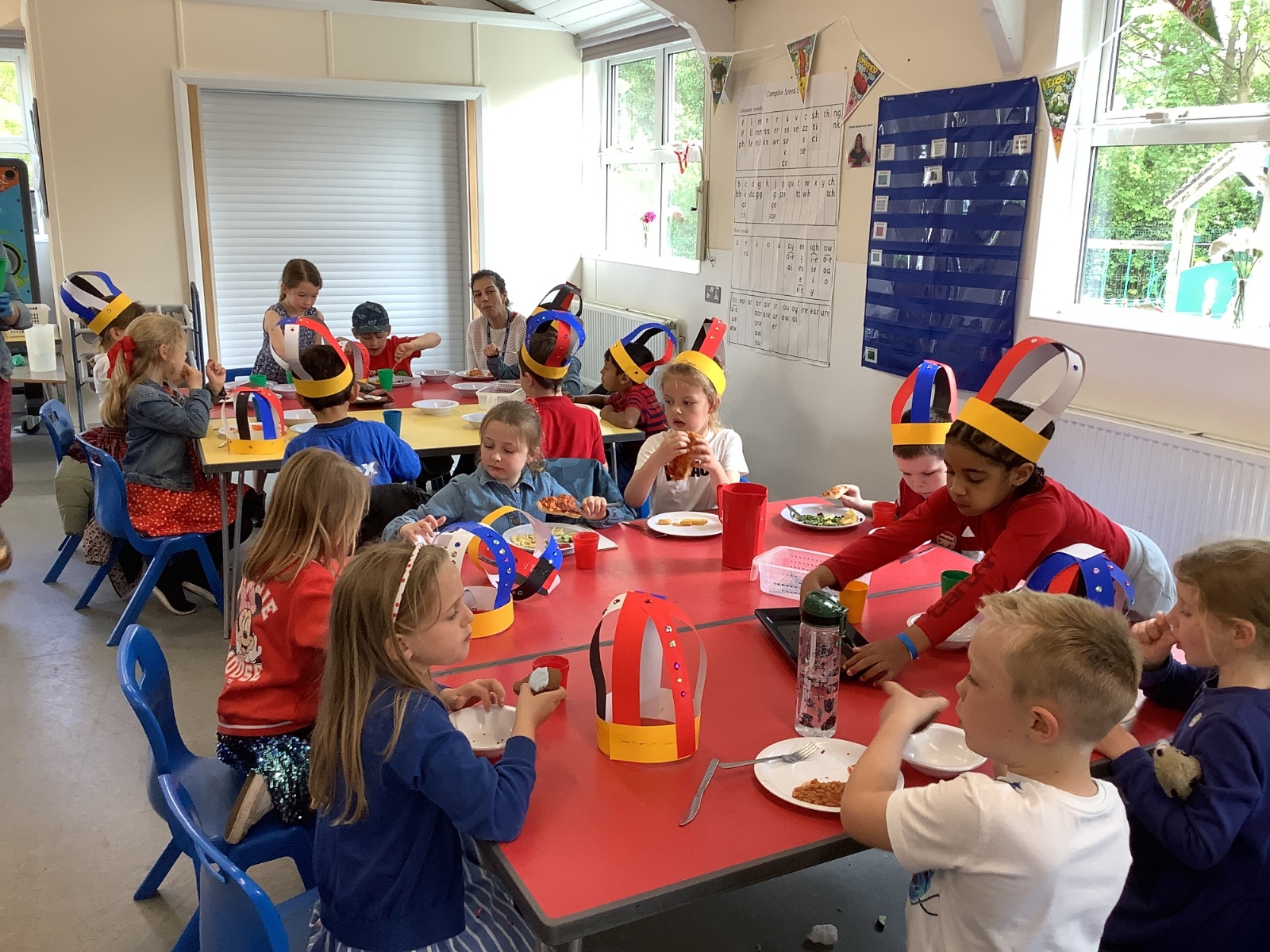
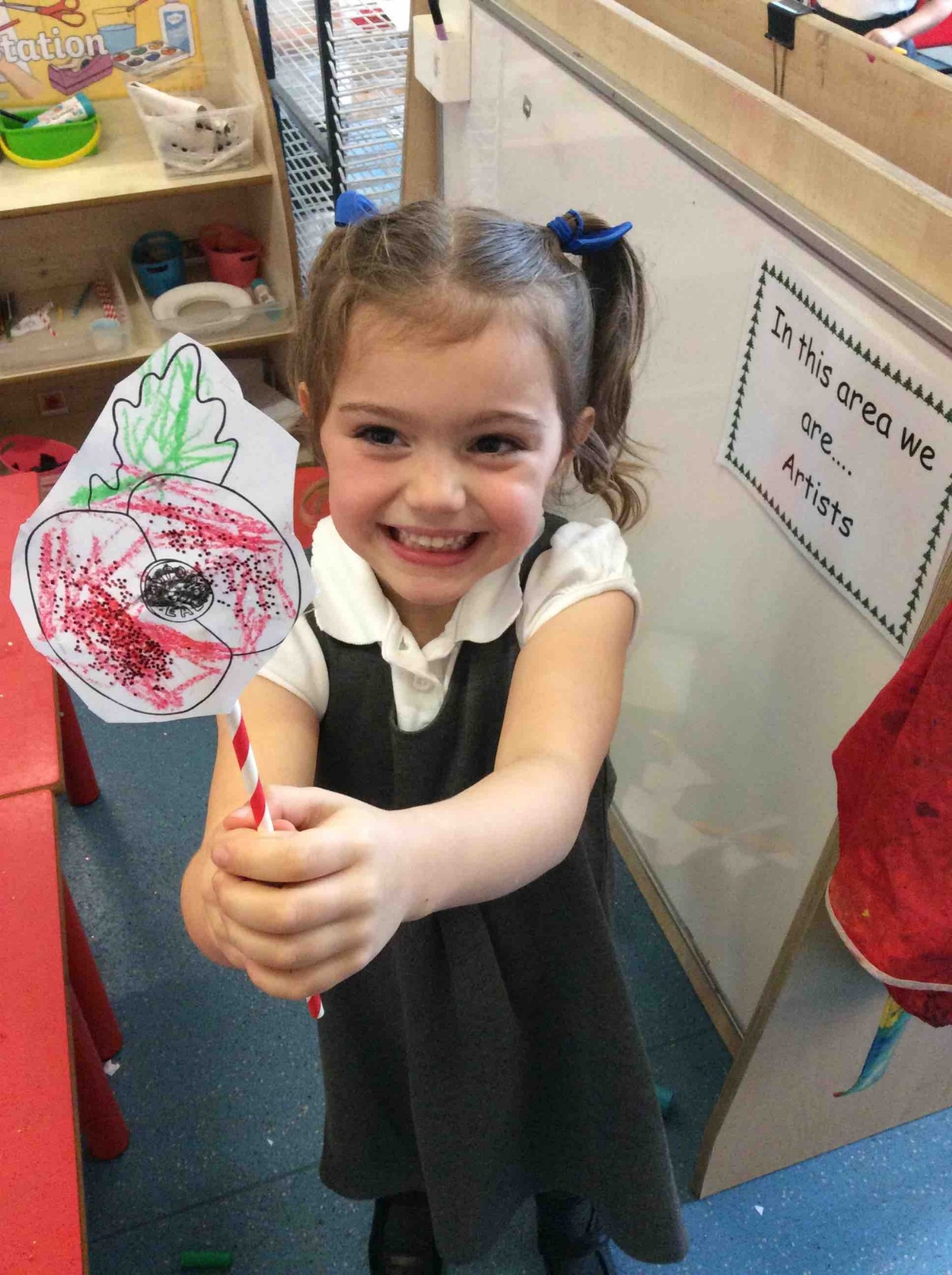
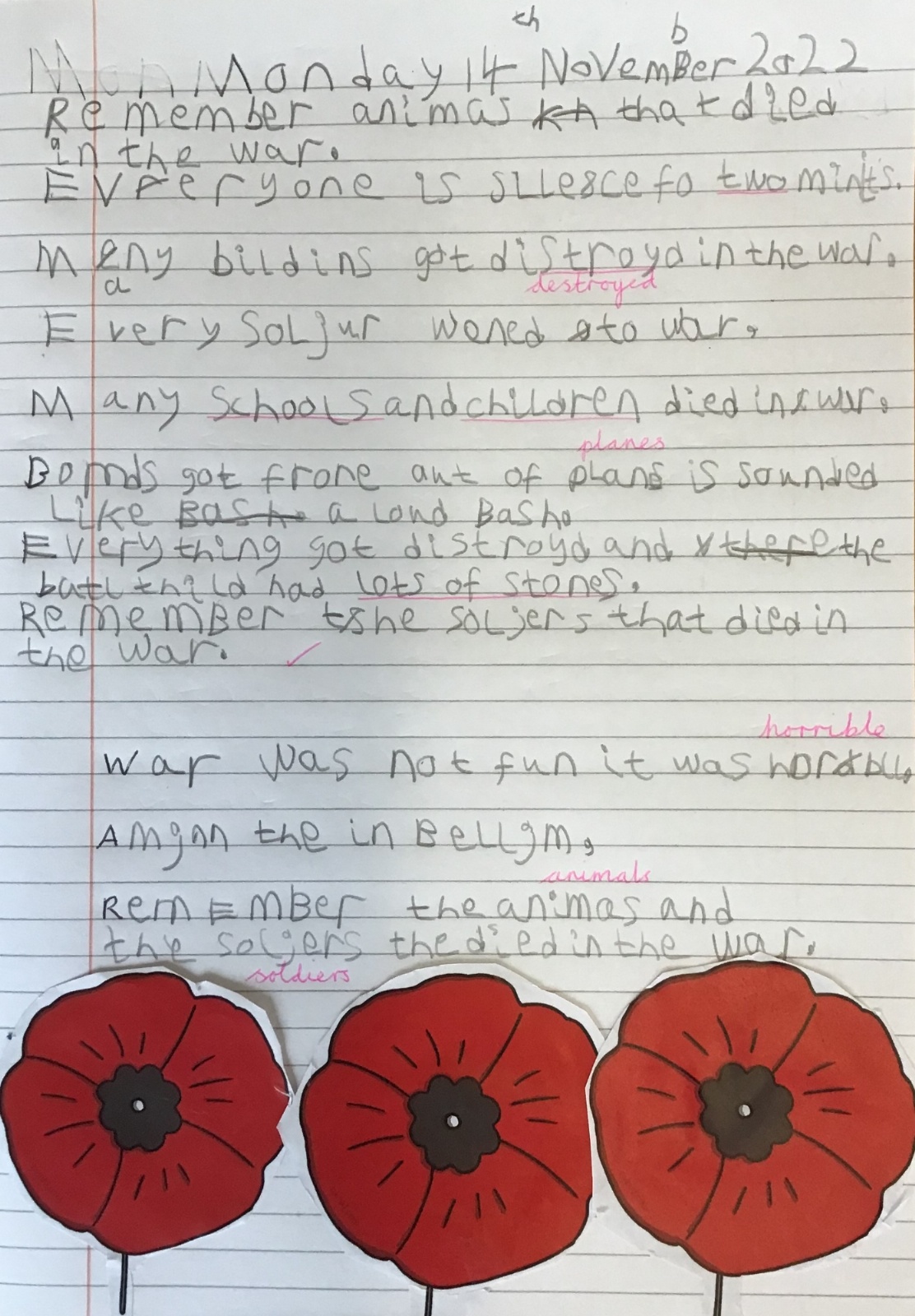
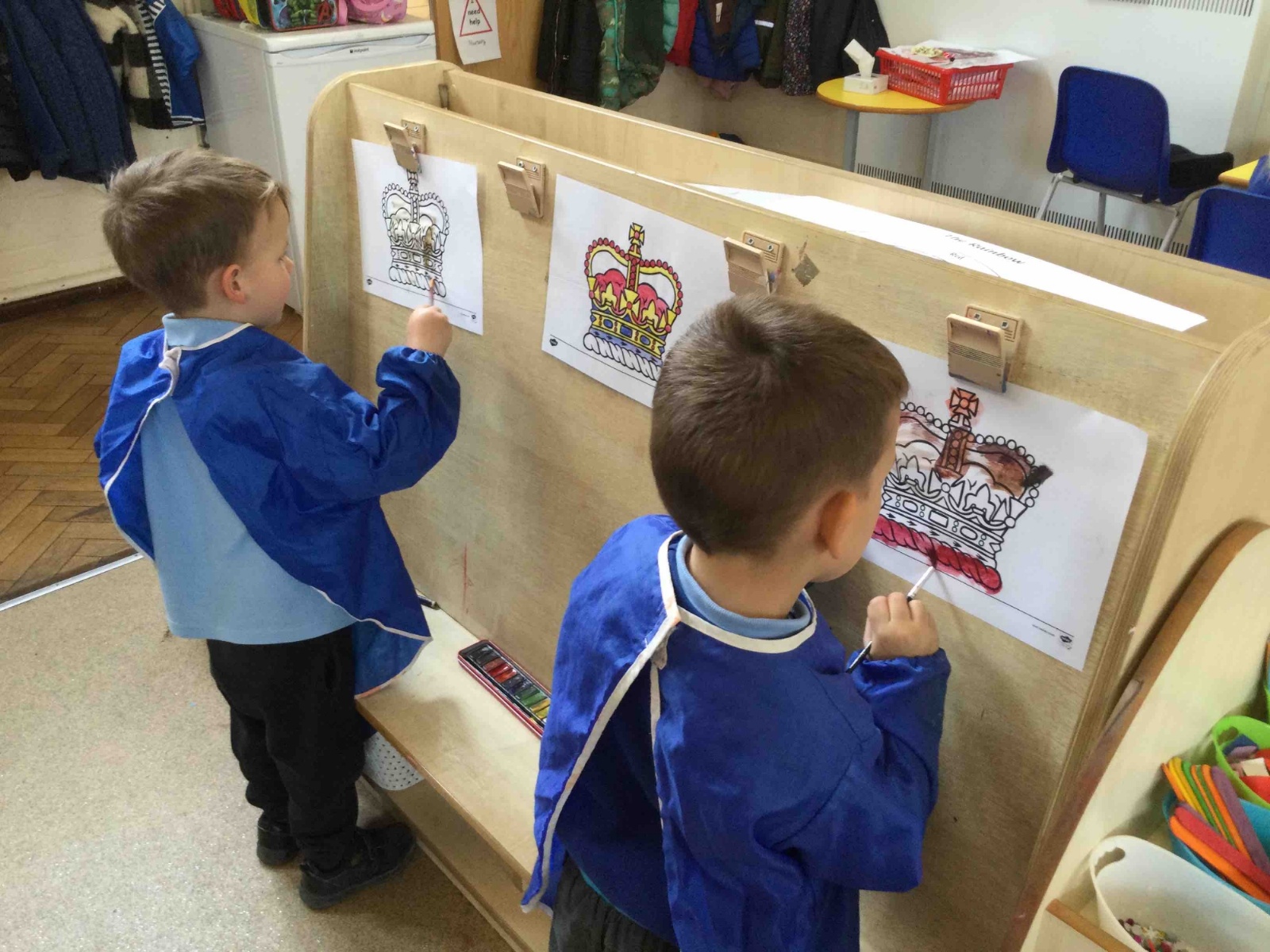
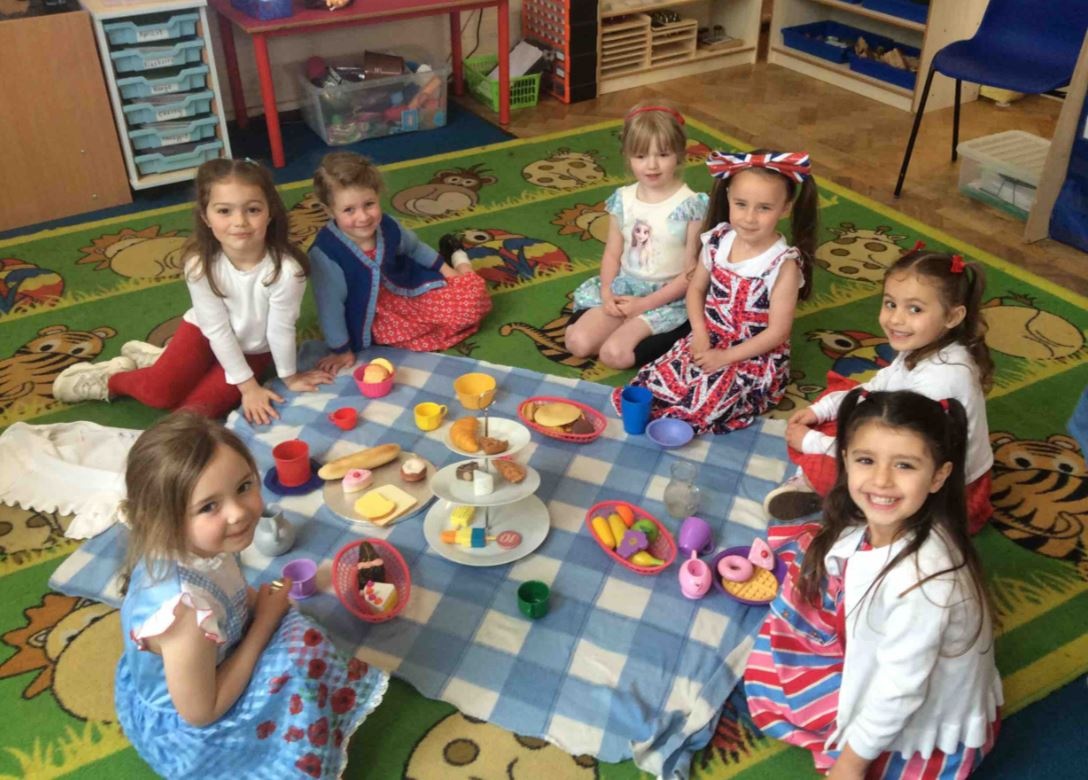
.JPG)
.JPG)
